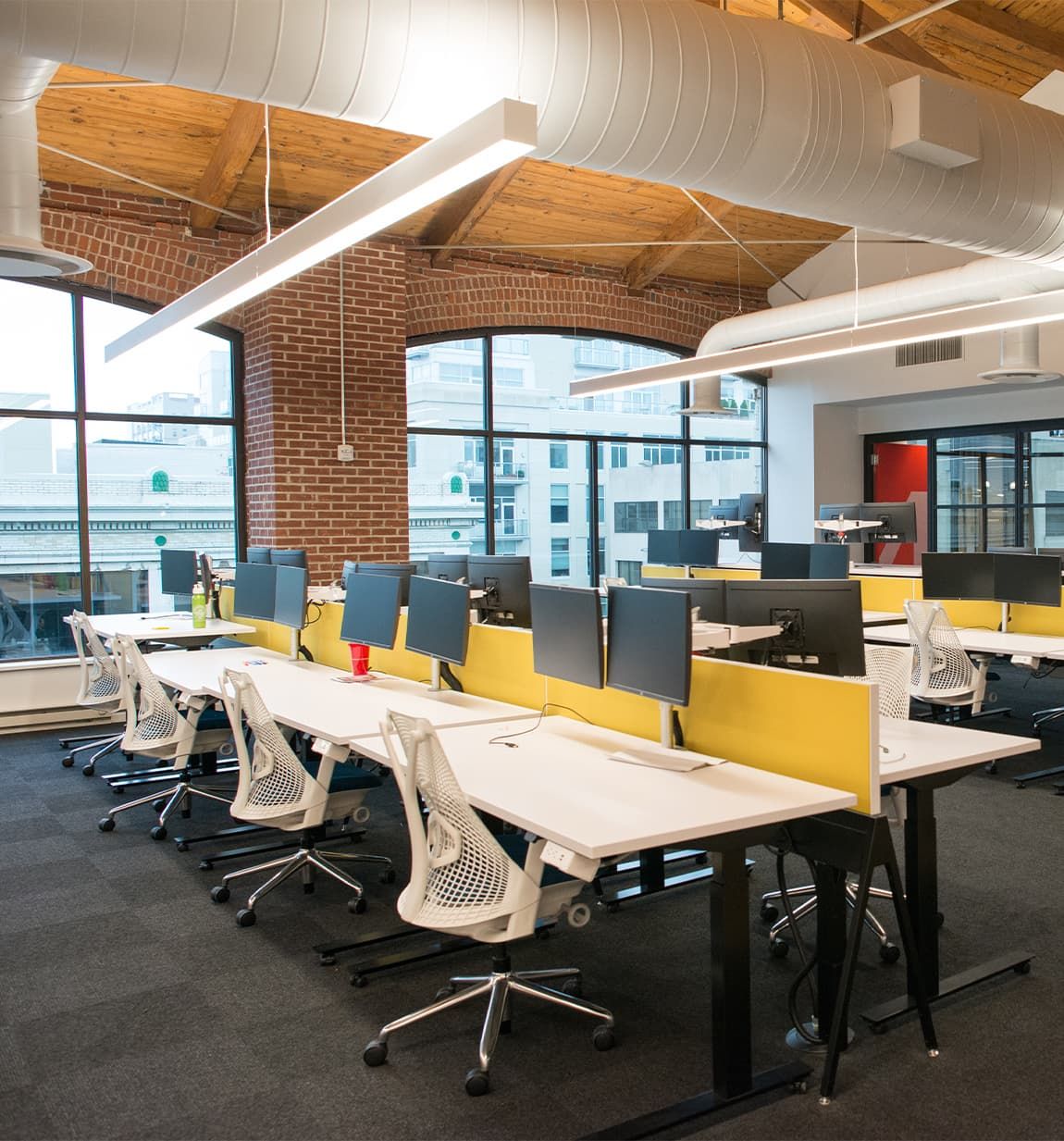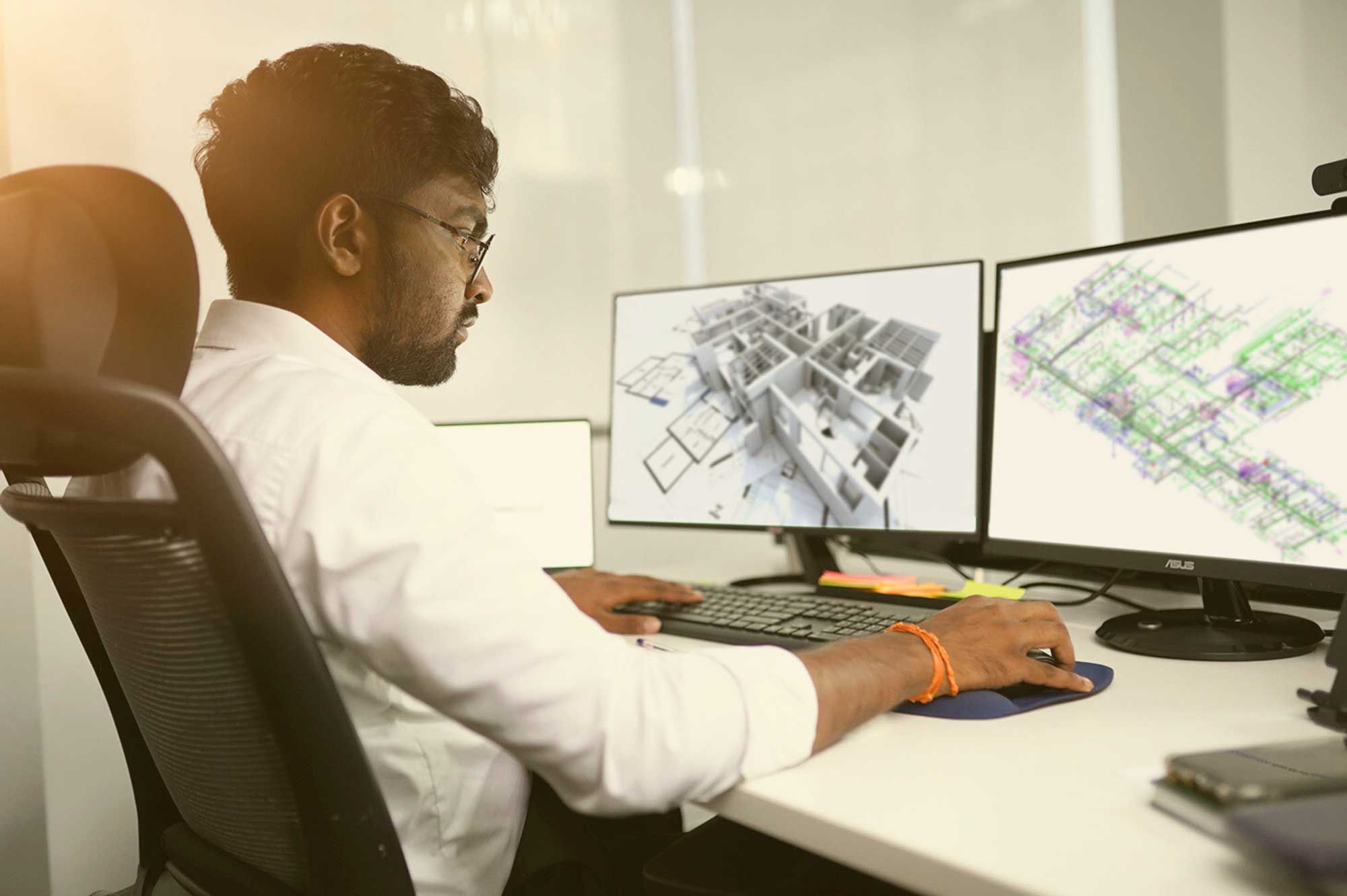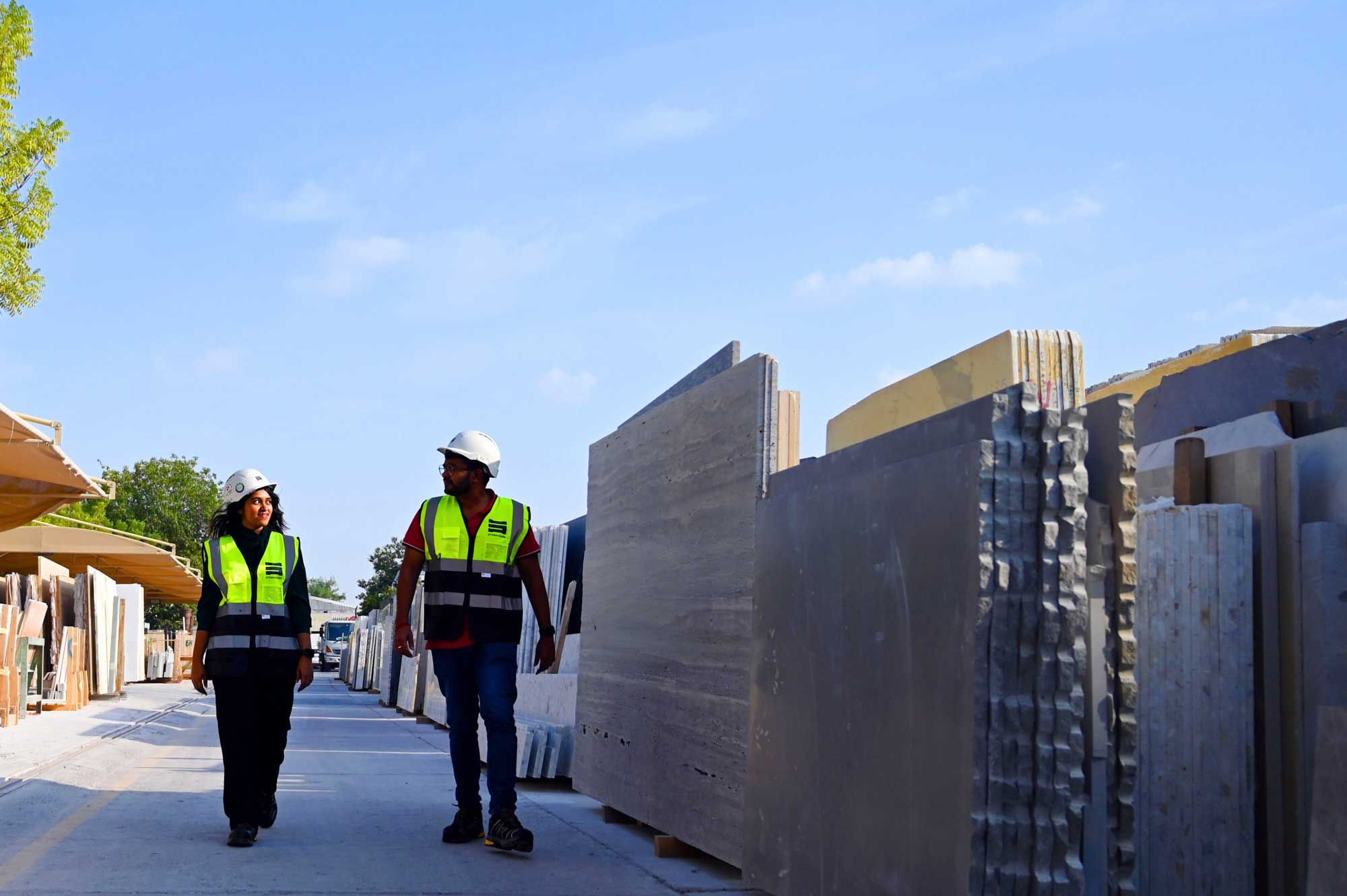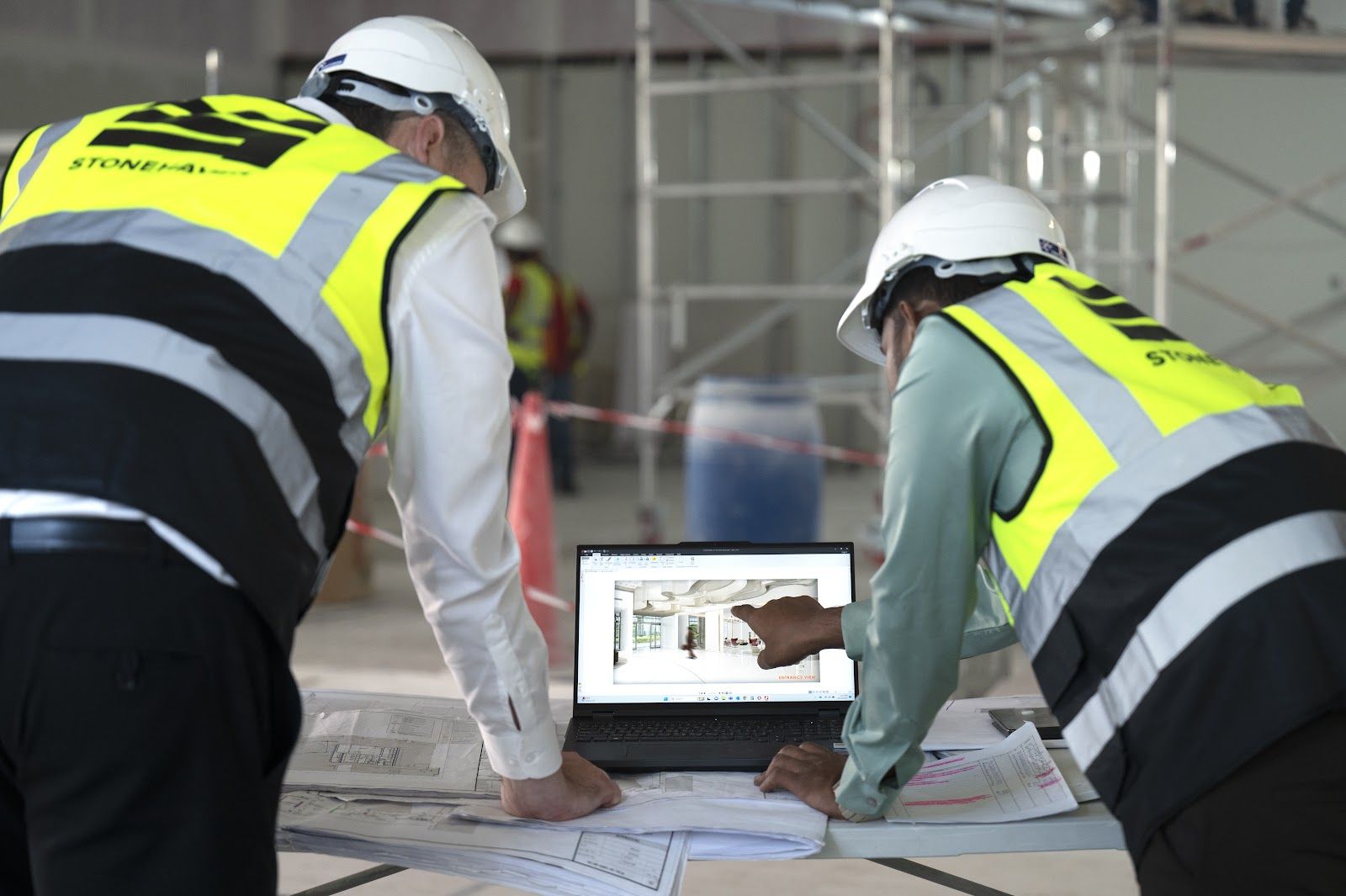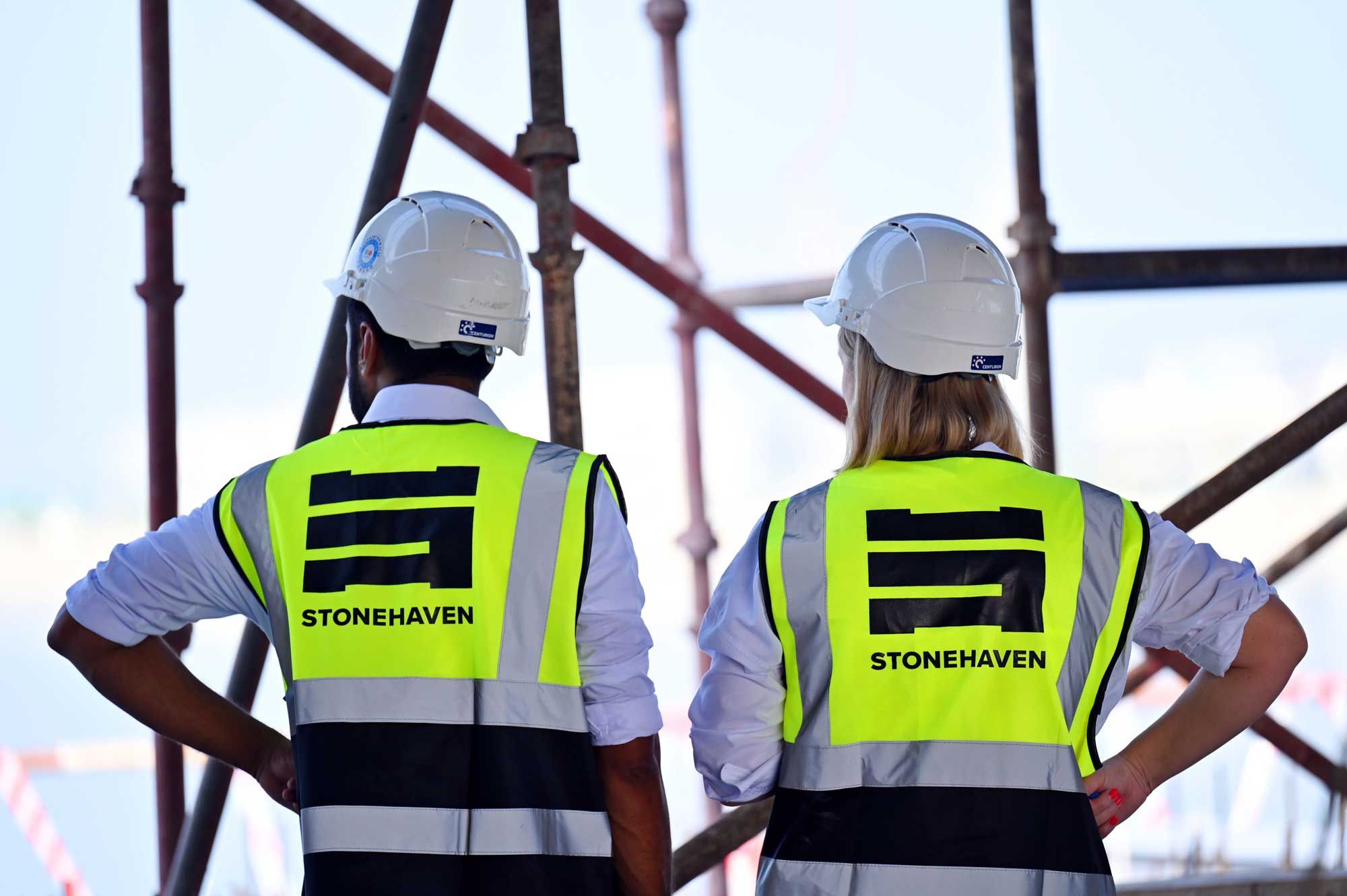1. What’s a decision you made in your career that felt risky, but ended up making your career path better?
During the final year of my degree, I made the difficult decision to resign from my job at a well-reputed organisation to prioritise my education and upskilling. At the time, I felt unable to manage both my academic responsibilities and the demands of full-time employment. Prioritising education felt like the right instinct, it was scary but I did make the right choice in hindsight.
After graduation, I spent nearly six to seven months applying for jobs. Many employers questioned my decision to resign, which created additional pressure. However, that period of uncertainty taught me resilience and the importance of standing by my choices.
Eventually, I secured a role with a leading quantity surveying firm and resumed my career with a renewed sense of purpose. In hindsight, it was a risky step that helped me focus on developing the right skills for long-term growth that still matters most now.
2. Who would be your dream mentor—any prominent figure from around the world?
My ideal mentor would be Lord Buddha. His teachings have had a profound influence on both my personal and professional life. In moments of pressure or uncertainty, I often reflect on his philosophy to remain calm and composed.
His guidance on balance and mindfulness has helped me navigate the challenges of a demanding career. Rather than reacting emotionally, I try to approach difficult situations with patience and clarity.
That mindset has consistently supported me in making thoughtful decisions and maintaining a healthy equilibrium between life and work.
3. What kind of life are you quietly building after your 9–5 at Stonehaven?
Following my time at Stonehaven, I took on a role in academia and currently work as a university lecturer. I teach measurement, a subject that forms the very foundation of quantity surveying.
This transition allows me to contribute to the next generation of cost management professionals in the industry by sharing practical insights from my working experience at Stonehaven.
Teaching has given me a deeper appreciation for the knowledge I gained at Stonehaven, particularly around communication, stress management, and the importance of structured teamwork. My goal is to help students understand the realities of the industry beyond the textbooks they refer, preparing them for what lies ahead.
Especially with the Middle Eastern climate of construction projects, they require immense standards and pressure under tight deadlines, therefore these soft skills are also a must to master as new quantity surveyor's enter into the industry.
4. What’s one thing about working at Stonehaven that you think outsiders often overlook or underestimate?
One of the most valuable aspects of working at Stonehaven is the strength of its team culture.
From the outset, I was encouraged to develop my communication and leadership skills. The collaborative environment has really helped me gain confidence, especially as we work under pressure or managing tight deadlines.
Many people underestimate the role of communication is what pushes the success of a project. At Stonehaven, it is a core value of the organisation, we teach each other and have each other's back. There is also a strong support system in place from the senior leadership, which makes a big difference during high-stress periods. The company curates a sense of calm and unity, which in turn helps everyone perform at their best.
5. If you could design your dream project from scratch—what would it be and where would it be?
If given the opportunity, I would love to design and lead the development of a shopping mall. A project that blends vibrancy with strong brand identities featuring curated spaces for fashion, bags, and lifestyle. Ideally, I would situate it in a dynamic urban centre like Colombo, as Sri Lanka is yet to experience many worldwide brands yet to enter the country.
That said, one of my most fulfilling experiences has already been working on commercial and retail projects. I was involved from the concept stage alongside one other team member at Stonehaven, covering everything from early design to schematic development. It has offered me wide exposure and helped me grow tremendously in my career in the last few months alone.
6. What’s one skill you think everyone in the AEC industry should learn—regardless of their job title?
Communication is the most essential skill, no matter the role. In the built environment, we constantly work to balance cost, time, and quality. Those 3 factors are the key skills any professional needs to deliver. Achieving that balance requires a delicate coordination with clients, consultants, contractors, and internal teams.
Over the years, I have seen that many project challenges stem not from technical errors, but from miscommunication. It’s a skill that can elevate anyone, regardless of seniority or specialisation.





